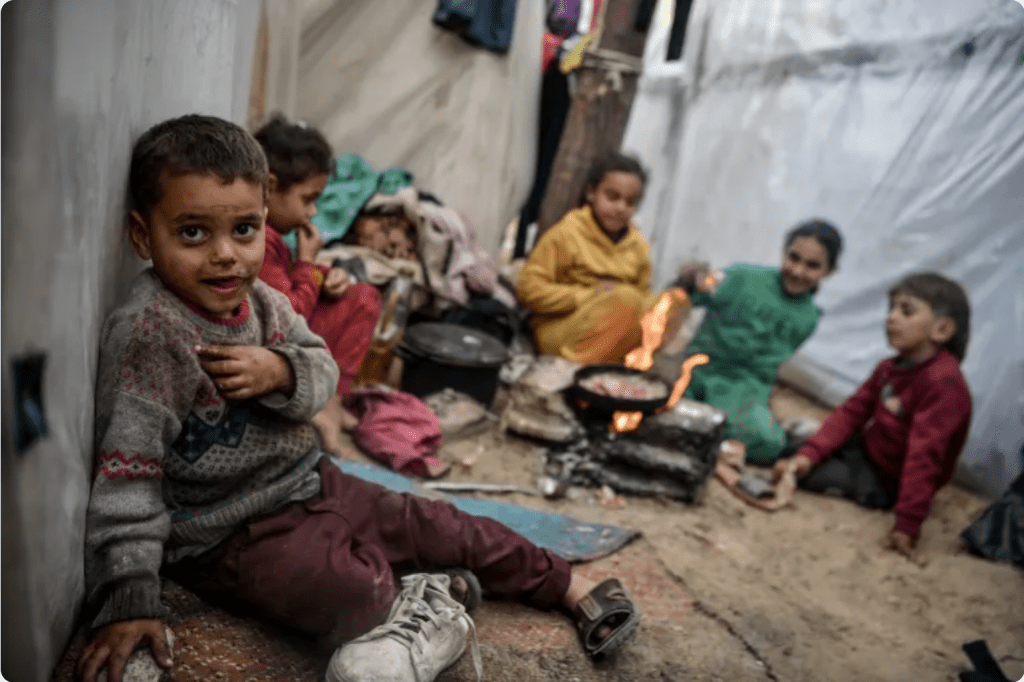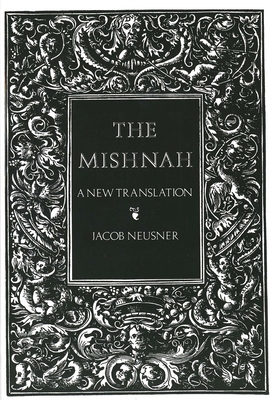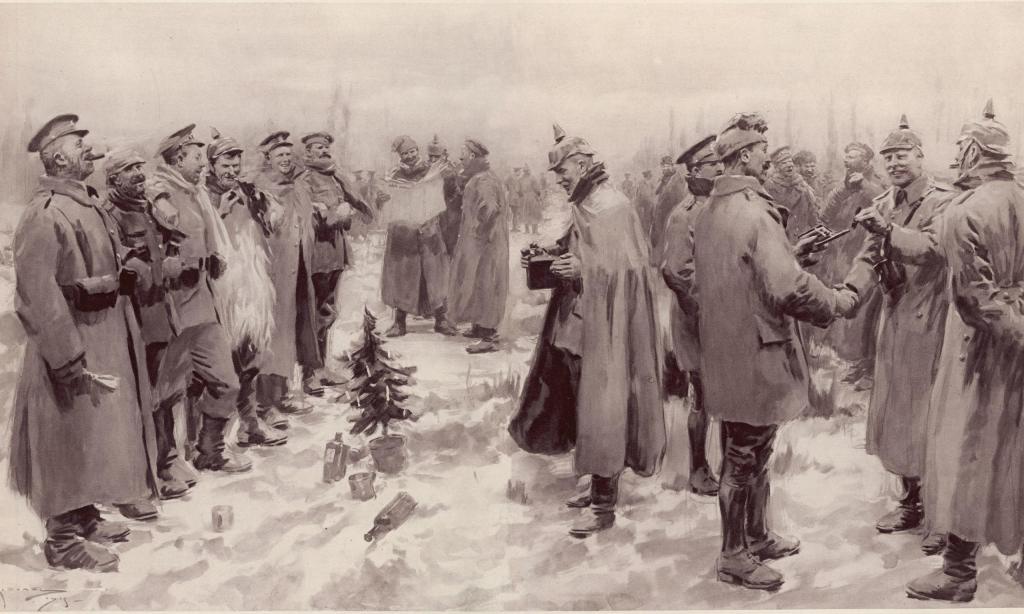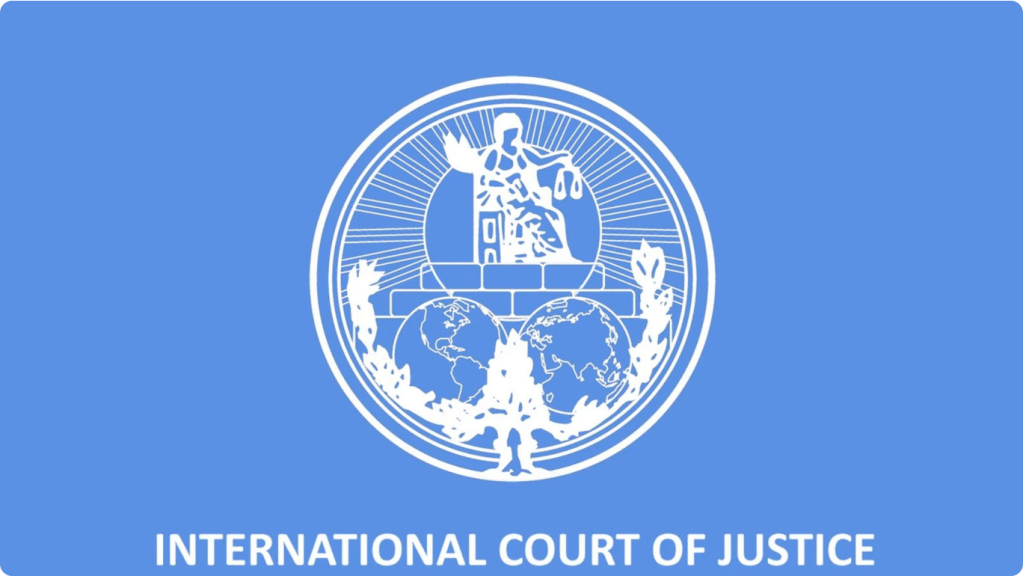It’s time for another episode of WRITE TO YOUR REPRESENTATIVE
Dear Representative,
The horrors of the continuous attack on civilians in Gaza, and now the West Bank, by Israeli forces has been difficult to watch over the last few years, especially knowing that the United States supports and provides most of the military assistance to Israel.
It’s been especially devastating to watch the assault on the Palestinian children, from destroying their educational system to actually intentionally targeting and killing them by Israeli soldiers.
I encourage you to watch the The Voice of Hind Rajab, a film about a true story of a killing of a six year old girl, surrounded by other dead family members intentionally killed and used as bait to then destroy and kill the medics that Israeli approved to rescue the six year old Hind Rajab.
There is current legislation to ensure that U.S. tax dollars are not used for the killing and destruction of children. I ask that you immediately sign on to HR 7545, the “Defending the Rights of Palestinian Children and Families Living Under Israeli Military Occupation Act”.
There is no argument that your office will look into legislation. The legislation is there. Please sign on to HR 7545 and commit to providing no more weapons of assistance to Israel to target civilians.
Thanks again for your representation.

This reminds me of a what I recently heard a Jewish scholar/activist living in Israel say (and I paraphrase): that liberal Zionism promotes the two state solution so that it can acknowledge that Palestinians exist without giving them their rights.
Progressive Except For Palestine is a thing. Too many liberal – theoretically progressive – institutions are guilty of it.
About twenty years ago, when I was in college (did I just tell you my age?), I went to the university library for some light reading that had nothing to do with any class.
I found a few books, but I kept coming back to one.
In the section on religion I found, and kept reading, The Mishnah: A New Translation.

I don’t remember how many pages I read while in college; maybe a few hundred.
I read enough pages to buy a copy after college, thinking maybe one day I’d finish reading the Mishnah. I guess I should should be proud of myself that I finished the Mishnah before I turned the ripe old of of forty (I prefer to say that I am “two score” years old), since it is not my professional area of study, and I had no reason to read the Mishnah except to read the Mishnah.
The Mishmah, Jacob Neusner describes in the introduction of his new translation, “is a six-part code of descriptive rules formulated toward the end of the second century A.D. by a small number of Jewish sages and put forth as the constitution of Judaism under the sponsorship of Judah the Patriarch, the head of the Jewish community of Palestine at the end of that century.”
Anyone who has been to a Jewish Passover Seder will recall that six are the books of the Mishnah.
When the author of the book says that the book “must cause puzzlement” it’s hard to describe what I learned spending years reading the Mishnah.
I don’t know which way to face when slaughtering a sacrificial animal, or how to hold the bowl that will catch the animal’s blood. (Unfortunately, there are Orthodox Jews in Israel who are interested in building a Third Temple, and would follow out this ancient ritual). I do have some concept of why animals were sacrificed, the proper disembowelment of the body, and how it led to offerings and tithes, which helped feed those who were hungry -although I don’t think that’s the goal of the group interested in building a Third Temple.
The Mishnah – at least some of the Mishnah – is still relevant and important to our lives, Jewish or not. The laws and rules between neighbors and communities members, like what happens if you own a fruit tree and that fruit falls on your neighbor’s property. The laws of marriage, divorce, and the rights people have.
Perhaps most relevant to us in our current lives is the divisions (books) Nashin, concerning marriage and divorce and some forms of oaths. and Nizkim, dealing with civil and criminal law, the functioning of the courts and other oaths.
I was most fascinated in interested in the chapter on the Senhedrin, the compilation of the courts that determined the number of judges to see a case, the required number of witnesses, the punishment, and the restitution. The rules of law are strikingly similar to what most countries use today.
Last week New York State forced a nonprofit that “repeatedly targeted individuals based on religion and national origin” to dissolve.
Betar-US, based in New York, gained attention over the last couple years, as it created a ‘deportation list’ which included Mahmoud Khalil, an Columbia University student detained by ICE likely because he advocated for Palestinian rights and an end to the destruction of Gaza.
Betar is considered a “racist ultrazionist movement” by the Center for Constitutional Rights. CCR continues to represent Mahmoud, as the United States still makes efforts to deport him due to his advocacy.
The Office of the Attorney General (OAG) in New York began an investigation into Betar-US in March, 2025, “after receiving multiple complaints alleging that Betar and its members engaged in violent and threatening conduct directed at Muslim, Arab, Palestinian, and Jewish individuals, particularly in connection with protests related to Israel and Palestine.” Note that being a Jew who supports protests in favor of human rights for Palestinians will still make Betar target you.
Drop Site News, which takes some credit for the dissolution of Betar-US, describes the origins of Betar and it’s offshoot in New York:
Founded as a paramilitary Zionist organization in 1923, Betar Worldwide has a prominent far-right chapter in the US that has aided the Trump administration’s deportation efforts by doxxing and agitating against pro-Palestine organizers. Betar US largely operates out of New York City
I’ve written about the origins of Betar in A Minor Betar Dispute.
OAG continues to describe Betar’s methods in in New York, and around the United States:
Betar also used its public platform to threaten individuals with deportation and attempt to suppress protected speech. The organization repeatedly threatened to report protesters to immigration enforcement officials and publicly claimed that it used facial recognition software to compile deportation lists for the federal government. Even though Betar later disavowed these claims, OAG found that this conduct was designed to intimidate protesters and unlawfully chill the exercise of First Amendment rights.
Attacking and dissolving nonprofits because they advocate for a different worldview than the one you support is a dangerous idea. There’s current legislation in Congress – nicknamed the nonprofit killer bill – that could force a nonprofit to dissolve if the Secretary of Treasurer wishes to. Advocacy groups are concerned that the bill would be used to crush free speech.
However, I don’t think that the settlement against Betar-US goes far enough. New York OAG summarizes that the settlement “subjects the organization to a suspended $50,000 penalty that will be enforced if Betar violates the agreement”. In other words, they get could get away without paying anything for instigating or encouraging violence.
There are many ways to celebrate and remember Christmas. On this first day of Christmas (we do all learn in school through song that there’s 12 days of Christmas?) we could look at the birthplace of Messiach Yeshuah (Jesus – or Joshua – the Messiah) where Christians have can’t peacefully pray in Bethlehem or Jerusalem, and the last Christian city in the West Bank is being destroyed by Israeli settlers.
There are other ways to look at Christmas.
I’m currently watching Victoria on Netflix, and it is fascinating to think of history and the line of succession. Royalty married royalty, and a lot of royalty through the years have marry their cousins and close relations. Most of Queen Victoria’s children married royalty throughout Europe, and when the First World War (the “Great War” or the “War to End All Wars”) began just a decade after her death many of the countries fighting were led by first cousins descendant from Victoria.
The war was declared by cousins, but not fought by them.
When the trench warfare begin in August 1914 officials said they thought the fighting would be over by Christmas. It didn’t end on Christmas, but the Christmas of 1914 became famous for the Christmas Truce where German and English soldiers stopped fighting for a day.
Some lower ranking British officers told their men to not fire unless fired on. This became known as a “live and let live” policy.
Britannica.com describes the Christmas Truce this way: “British soldiers wrote of playing football (soccer) and sharing food and drink with men who had been, just a day earlier, their mortal enemies.”
The Christmas Truce of 1914 wasn’t that long ago. Many of us had great-grandparents alive at that time. Many American Civil War Veterans were still alive.
The soldiers who fought the First World War stopped fighting for a day and realized they had more common with the people they were fighting than their own commanders.
Think what you have you in common with the people our government is fighting against across the globe – the Middle East, South America, Africa … – and do what you can to call for a Truce every day.
A few months ago we got a dog. Realistically we got a dog to replace our Xoloitzcuintli who died and comfort ourselves and our Chihuahua who no longer had another dog in the house. Even though Sophie, the Chihuahua, never seemed to care about other dogs and is an introvert who likes ignores other dogs but loves to sleep, preferably on someone’s lap.
We know little of the Corgi-mix dog that we got. For ten days, before he was with us, he was a with a woman (in her seventies?) who couldn’t keep him because she couldn’t take him for walks – and she lived in a mobile home community with almost no grass. We know she got him from the pound, where he was promplty neutered. So we know that Oliver – the name he came with from the kindly woman, and the name we’re using – has a lot of trauma and a lot of separation anxiety.
There’s a lot to teach Oliver. It seems like the biggest, and hardest, lesson is to sit and stay. Especially important things like to stay out of the kitchen.
It seems like there’s an invisible line we don’t want him to cross. It reminds of the eruv, an invisible boundary under Jewish law to allow Jews to continue to have functionally and essential personal items otherwise not allowed during the Sabbath.
Oliver can be a family dog. He has energy that a young dog should have, he has chosen his favorite human, he’s happy to sit next to us on the couch, likes going places, and likes having a home.
He just needs to learn that there are some rules, and that’s he’s not actually in charge.
If you’re feeling lost for words and trying to figure out how to take meaningful action while our elected officials continue to provide support for Israel’s crimes you’re not alone.
There’s so much to say and so many travesties to address.
Gaza is facing a man-made, policy-decision, state 5 famine implemented by Israel and supported by the United States. In theory, Israel is doing this to get it’s hostages back – the same hostages that are also dying of starvation – and are out to destroy and dismantle Hamas.
Israel has even less reason – and legally it has no right and no reason left to what’s it’s doing to Gaza – to attack the West Bank. Nonetheless, Israel is attacking the West Bank and is supporting the takeover of the West Bank by settlers.
Below is a message to send to your elected officials about the West Bank:
Dear Representative _______,
I’m reaching to to you a concerned constituent asking you to protect Palestinians in the West Bank and beyond, and to issue statements and join your colleagues in letters to our executive branch related to protecting lives in the West Bank and beyond.
As you might know, Saif Mussalet, an American citizen, was killed by Israeli settlers on July 11 while visiting family and friends in the West Bank. Settlers prevented ambulances of reaching Saif, and he died because Israel allowed him to be killed. I ask that you issue a statement condemning this death, and join your colleagues in holding those responsible for his death accountable.
I’m also writing to you about the city of Taybeh, the last all-Christian city in the West Bank, which is being attacked by the Israeli army. Israel has no reason and no right to attack the city of Taybey and I ask that you condemn this attack both on on moral and religious grounds.
Lastly, I want to let you know that Israeli settlers, with full backing of the Israeli army and Israeli government, killed Awdah Hathaleen, one of the co-producers and makers of the 2025 Oscar Winning Film, “No Other Land”
Please join your colleagues in advocating for a true, lasting, peace between Israelis and Palestinians, and make statements and send letters
Please make it clear to your constituents that these killings and assaults are not acceptable acts by Israel, our great ally in the Middle East.
Thanks again for your representation,
Bill Moyers, the acclaimed journalist and advocate for public broadcasting, died today at age ninety one.
It is worth looking at Moyers’ chapter of his autobiographical Moyers on America: A Journalist and his times, which is quite relevant twenty years later. In the chapter, ‘This Is Your Story. Pass It On,’ referring to the privatization of public lands, which can then be sold at a discount to corporate cronies, he wrote that this is “the most radical assault on the notion of one nation, indivisible,, that has occurred in our lifetime.”
He continues that he can’t explain the rage of the Conservatives who want to “dismantle every last brick of the social contract.” He is rightfully puzzled “as with the right-wing wrecking crews blasting away at social benefits once considered invulnerable, Democrats are fearful of being branded as ‘class warriors’ in a war that the other side started and determined to win”.
Dwelling on how hard is to resolve the class war, Moyers – the exceptional journalist – continues that he doesn’t “know how to reconfigure Progressive politics to fit into an age of sound bites and polling dominated by a media oligarchy whose corporate journalists are neutered and whose right-wing publicists have no shame”
Moyers, providing a history lesson, says that “while the social dislocation and meanness that galvanized Progressives in the nineteenth century are resurgent, so is the vision of justice, fairness, and. equality. No challenge to America is greater than to open suffrage and the marketplace to new and marginal people — and this is the Progressive vision. It’s a powerful vision if only there are people around to fight for it. The battle to renew democracy has enormous resources to call on — and great precedents for inspiration.”
Listing these precedents, and what it takes to “get back into the fight” – complete with several bullet points – Moyers condludes his chapter with the though “ideas have power — as long as they not frozen in doctrine — but they need legs.”
Listing the progressive ideas such as the the minimum wage; conserving national resources including air, water, and land; women’s rights and civil rights’ trade unions; social security, and other social nets, Moyers reminds us that all of these were
launched as citizens’ movements, and won the endorsement of the political class only after long struggles and in the face of bitter opposition and and sneering attacks. Democracy doesn’t work without citizen activism and participation. Trickle-down politics is no more effective than trickle-down economics. Moreover, civilization happens because we don’t leave things to other people. What’s right and good doesn’t come naturally. You have to stand up and fight as if the cause depends on you. Allow yourself that conceit– to believe that the flames of democracy will never go out as long as there’s one candle in one citizen’s hand.
With one more quote from a journalist from the nineteenth century, Moyers concludes his chapter with these words: “This is our story, the Progressive story of America. Pass it on.”
This morning I spoke to the state investment board about their obligation under international law to not provide material support Israel. What I said is a shortened piece of a letter to the editor – which itself requires brevity. I was given two minutes to talk this morning, and below is what I said, excluding some introduction about my name and connection to the issue:
Last year the International Court of Justice passed a ruling, concluding that Israel’s continued seizure of the the Occupied Palestinian Territory (OPT) of East Jerusalem, Gaza, and the West Bank is illegal under international law and that it must be ended immediately. The court asserted that countries, and states within them, are obligated NOT to recognize Israel’s illegal acts, and must REFRAIN from providing aid or assistance that maintains Israel’s illegal presence in the OPT. The UN General Assembly passed a resolution supporting the findings of the ICJ.
Simply, this means that we as people, and you as a board, have an obligation to not invest in any company within Israel, or with any company that provides Israel material support such as shipping, or mass surveillance.
Thanks for your time today, and you attention on where our collective money is invested.
I hope you find your own words to write to to newspapers and to speak to the powers that be to ensure our money is invested in a way that does not create harm.






